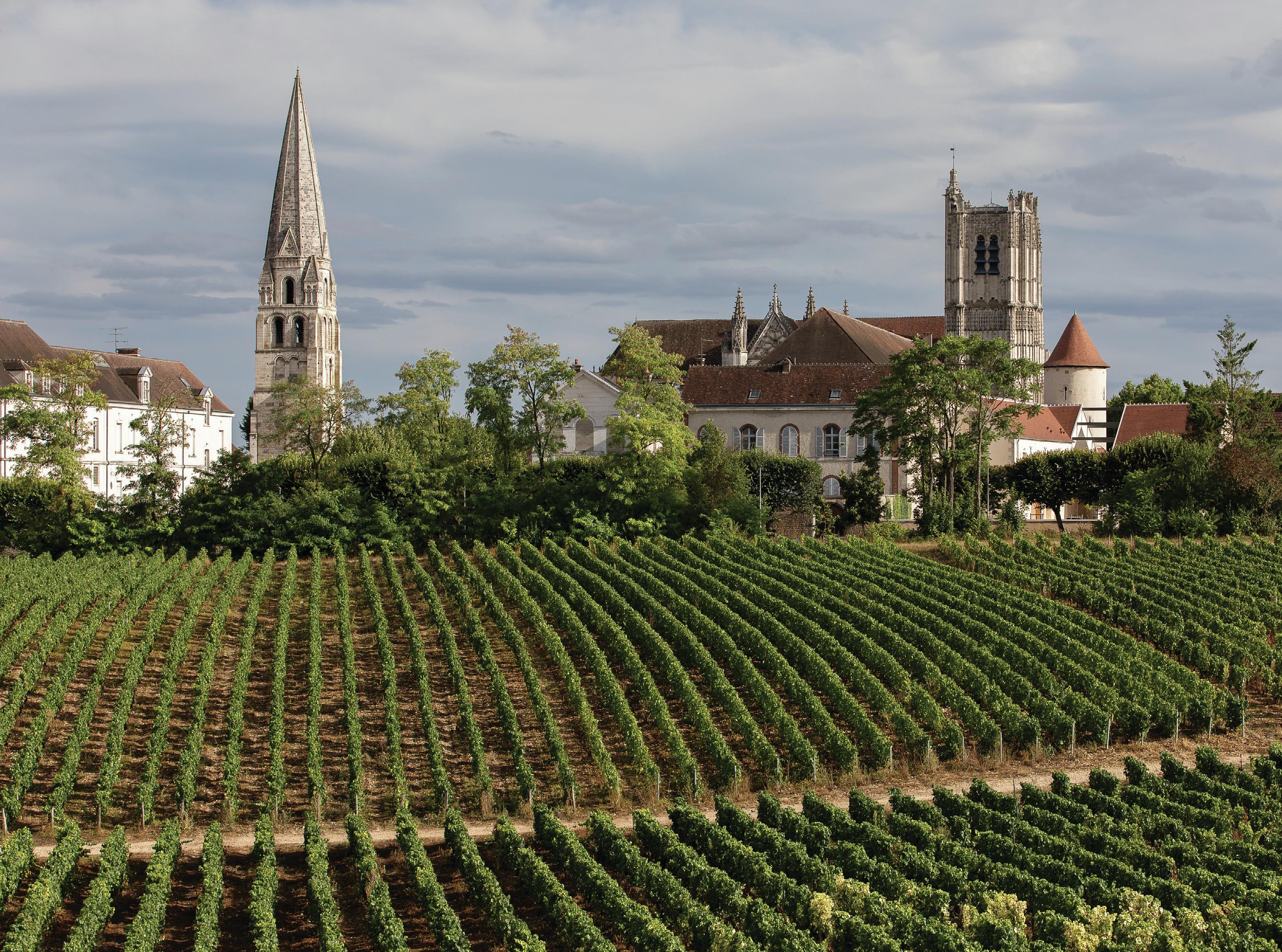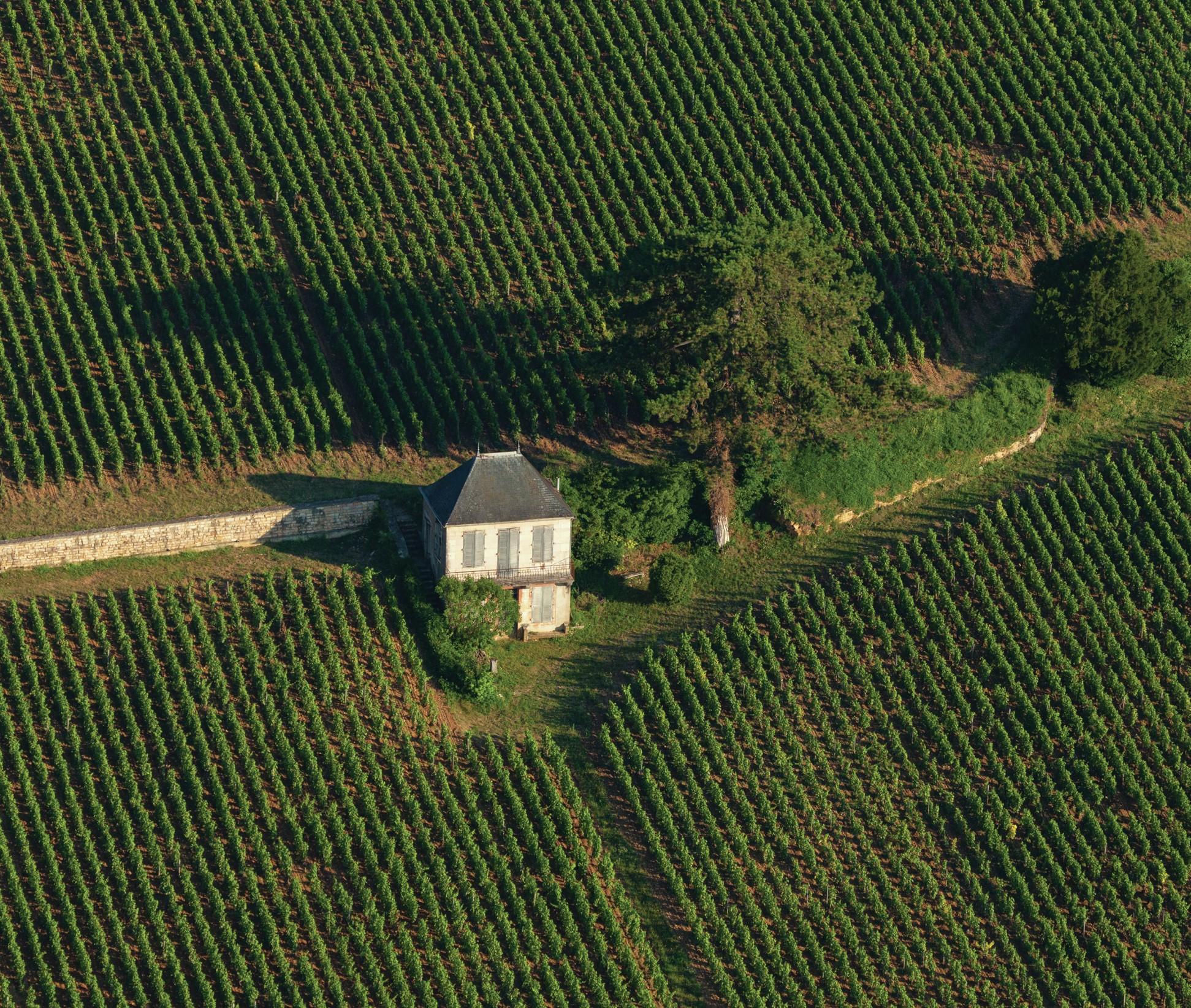This website uses cookies so that we can provide you with the best user experience possible. Cookie information is stored in your browser and performs functions such as recognising you when you return to our website and helping our team to understand which sections of the website you find most interesting and useful.
How Bourgogne producers are paving a future
Like its iconic snails, the Bourgogne wine region is slowly but surely taking steps towards its future, thanks to its new generation of forward-thinking producers bringing a breath of fresh air to the local wine production.

Bourgogne has always been changing, while keeping its main focus on wines that reflect their terroir. Whether it be families who have worked on the local land for hundreds of years, or up-and coming producers giving the region a new edge, Bourgogne’s winemakers are united in their goal to make the best wines from their terroir. The French region’s next generation is a community of new players who have created their own négoce or domaine, as well as many children taking over from their families.
Even the cooperative cellars are changing, with a new generation that is open to more small group projects.
Alexandre Parigot is one of the region’s innovators. He took over from his parents in the Hautes Côtes de Beaune two decades ago, and continues to refine his style and improve this estate’s wines.

Parigot says he was “lucky” to inherit the land from his parents, saying his passion for winemaking came “naturally” in response to “watching my parents work and enjoy themselves”.
He has taken on his family spirit, and integrated it into a drive to do things more sustainably.
“Now, for over 20 years, I’ve been concentrating on rigorous work that respects the planet, as well as producing top-quality wines,” he says.
Parigot is not the only one focused on sustainability. Domaine Auvigue has been established in the southern Mâconnais since the 17th century, and has built up a wealth of experience in the terroirs of Bourgogne.
Sylvain Brenas-Auvigue, great-grandson of the founder of the estate, says that organic conversion began 10 years ago, and “we’re continuing to convert new areas”.
He adds: “In some plots, we are starting to replant hedges, which are real ecological niches, and protect biodiversity. We will also soon be integrating vitiforestry into our work.” Preserving water resources is also high on the estate’s list of priorities.
At the end of 2015, Sylvain took over from his uncles, Jean-Pierre and Michel Auvigue. Today, they have their own estate, but also work with three other family estates. The company is based in Charnay-lès-Mâcon in the southern part of Bourgogne.
Producers in the region are being impacted by climate change on a yearly basis, causing extreme weather incidents including frost and hail, lowering production volumes, and impacting the typicity of the wines.
Parigot says that one of the biggest challenges facing the region is in “keeping the typicity of our terroirs and grape varieties, and of course keeping the spirit of Bourgogne accessible to all”, highlighting why a sustainability focus is so important to the region’s players.
Some producers are looking to the past in thinking about their future. The Gros family, which owns Domaine Gros Ch. & Fils, has been making wine in Bourgogne for 10 generations. The family estate was originally from Ladoix and Premeaux-Prissey, before the whole estate was concentrated in Premeaux-Prissey.
Tenth-generation winemaker Nicolas Gros says that the family is returning to “rather old-fashioned methods” in the vineyard, including pruning the vines late to avoid early budburst against April frosts, and using no candles, windmills or heating cables, in order to “let nature take its course”.
Gros adds: “We no longer use weedkillers. We use contact products (biocontrol) for treatments, and hand-pick in order to respect the grapes from the vine to the winery.”
Sustainability also means making sure that the wines are commercially viable, and Bourgogne’s producers are keen to keep their wines accessible.
As Brenas-Auvigue puts it: “Commercially, Bourgogne must continue to appeal with its terroirs and grands crus. But it must also remain accessible to as many people as possible.”
And Bourgogne, “with its great diversity”, including a wealth of lesserknown yet more accessible wines, is certainly equipped to offer both value and quality to consumers.
He says: “Wine is an ‘art de vivre’, and like any art, it cannot be reserved for only the elite.”
Find out more:
Facebook / X: @BourgogneWines
Instagram: @VinsdeBourgogne #Bourgogne
Related news
A 'challenging yet surprising' vintage for Centre-Loire in 2024

